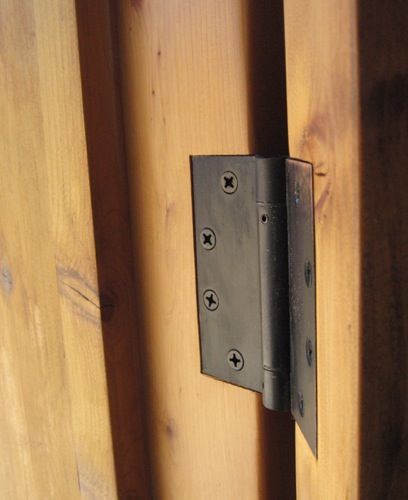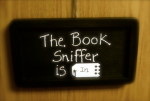A recent contemplation on Exodus 15…
In the day of prosperity be joyful,
but in the day of adversity consider:
God also hath set the one over against the other,
to the end that man should find nothing after him. Ecclesiastes 7.14 | KJV
Life is a door with two distinct yet connected sides that swings on the hinge of God’s design – and we never know which side of the door we will be facing on a given day or in a given season. That’s the essential take away from this gem from the Old Testament book of Ecclesiastes. Literally the Hebrew reads, “In the day of good be in [the] good; in the day of hardship, hearken (there’s a wonderful play on words here in the Hebrew – “on a day of ra`ah, re’eh” which is more literally “on a day of evil/trouble, look/see”; I use “hardship, hearken” to imitate the rhyme and rhythm of it); the one is firmly hinged to the other by God – so mere humans never know what they’re going to get.”
I suppose we could call it a classic Forrest Gump text – if only we could pick our days and seasons as easily as we can pick out the chocolate we want in a box with a labeled lid.
But the reality is, we can’t. “Thou knowest not what a day may bring forth,” counsels ancient muse. So all we can do is be prepared for one or the other (and sometimes both – at the same time) and then respond appropriately by knowing how to be in the good on a good day, or pausing and pondering on the not-so-good day. Or, as James puts it in his New Testament rendition: “Is any among you suffering? Let him pray. Is anyone among you cheerful? Let him sing songs.”
Exodus 15 is a good day, and Moses and Miriam led the people in the art of being in the good as they broke into poetic verse and song – with tambourines, no less! We so need to learn how to really be in the good of good times. Our culture tends to respond to both celebration and heartache in the same way: we dull our senses and get plastered with alcohol – which means, if the occasion is celebration, we quickly find the other side of the door with the hangover hard on its heels the next day. And if we’re not getting plastered with alcohol we’re absorbed with anxiety over how long it will last – or even with critiquing greed that there’s no more. Healthy, creative, moment-maximizing ways of being in the good are what we seek. Song, poetry, dance, painting, or simply enjoying the breath of life outdoors – these are solid paths of being in the good. It’s significant that “tambourine” or “timbrel” in Hebrew is “toph” – essentially an instrument you beat with your hand. On a good day, we beat the timbrel; on a bad day, our chest. Both motions are intended to jar and engage our senses, to wake us up to the moment so we can fully be in it.
So here’s today’s challenge: if it’s a good day, be in the good of it.
Give yourself permission to celebrate.
Sing and dance your guts out as you thank the One who made the day and the good in it, and who made you.
And if it’s a day of hardship, hearken,
and then wait for the door of life to swing on that hinge.
Again.








